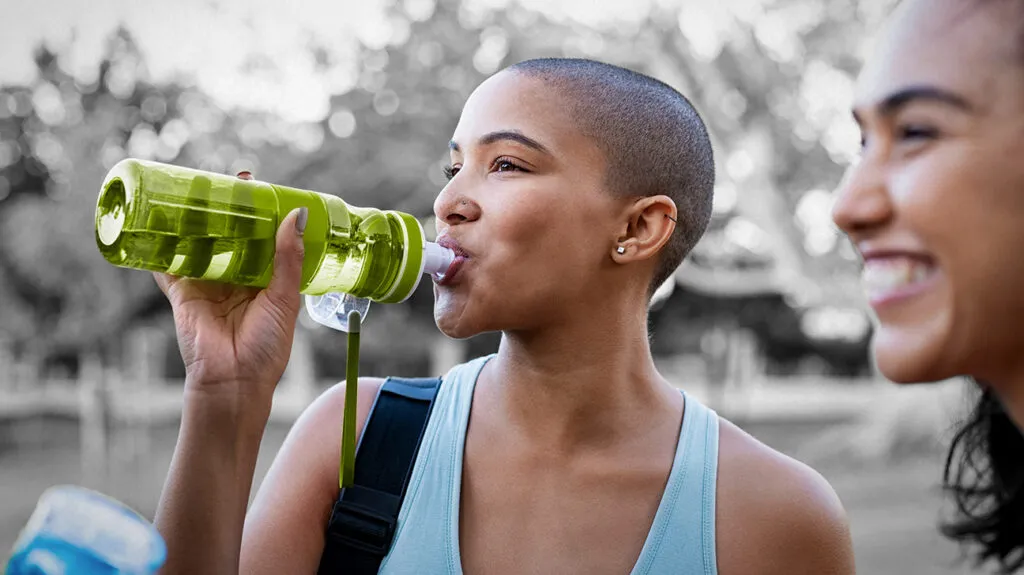

As we age, it is important to pay attention to our hydration levels. Research has shown that adequate hydration contributes to maintaining a healthy aging process. In this blog post, we will explore the benefits of hydration for older adults and how to ensure that you are getting enough fluids.
Dehydration can have a significant impact on the health and wellbeing of older adults. It can lead to a range of health problems, including constipation, urinary tract infections, and kidney stones. In addition, dehydration can make it more difficult for the body to regulate temperature, which can be particularly dangerous for older adults during hot weather.
One of the most important benefits of hydration for older adults is that it can help to maintain cognitive function. Dehydration has been linked to cognitive decline, including problems with memory and attention. By staying properly hydrated, older adults can help to maintain their cognitive abilities and reduce their risk of developing conditions like dementia.
Another benefit of hydration for older adults is that it can help to maintain joint health. As we age, our joints can become stiffer and less flexible, which can make it harder to move around. Staying hydrated can help to keep joints lubricated and reduce the risk of joint pain and stiffness.
So, how can you ensure that you are getting enough fluids? The general recommendation is to drink at least 8 cups of water per day. However, this can vary depending on your age, weight, and activity level. It is also important to pay attention to your body and drink fluids when you are thirsty.
In addition to water, there are other fluids that can contribute to hydration. These include tea, coffee, and low-sugar fruit juices. However, it is important to limit your intake of sugary drinks like soda, which can contribute to dehydration.
In conclusion, research indicates that adequate hydration contributes to maintaining a healthy aging process. By staying properly hydrated, older adults can help to maintain cognitive function, joint health, and overall wellbeing. If you are unsure about your hydration levels, talk to your doctor or a registered dietitian for personalized recommendations.



